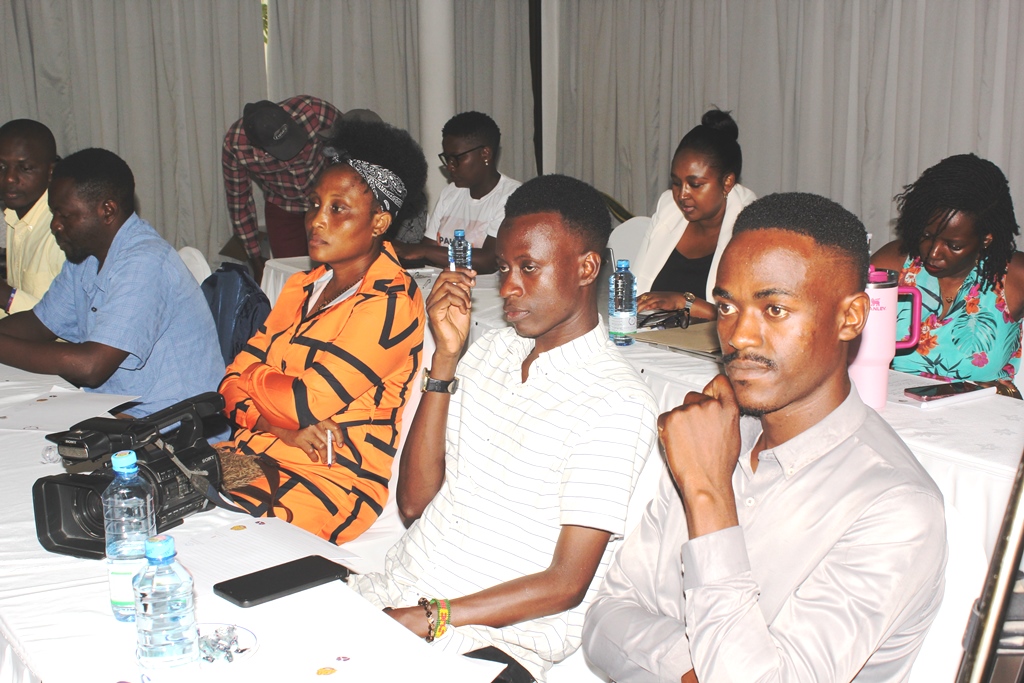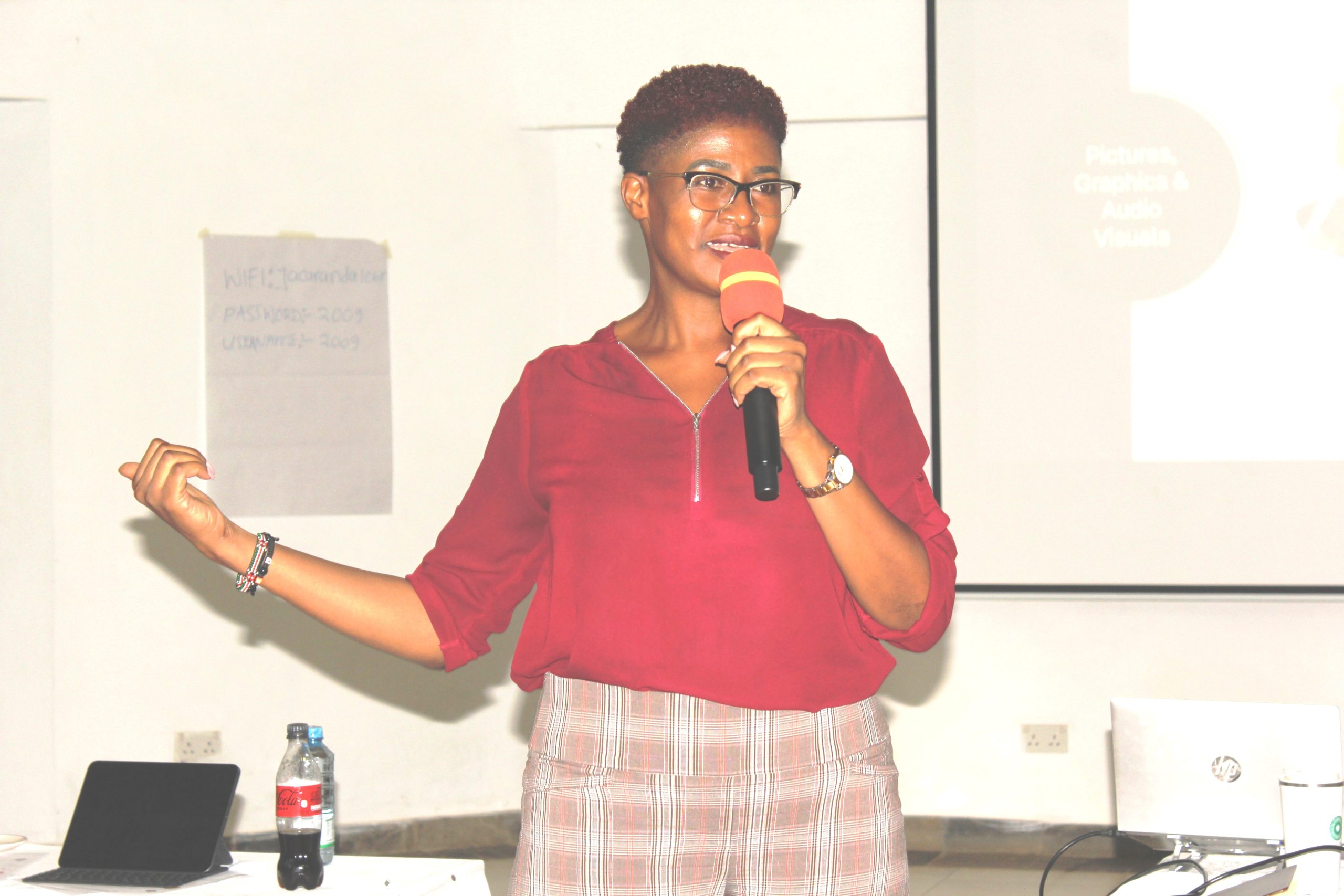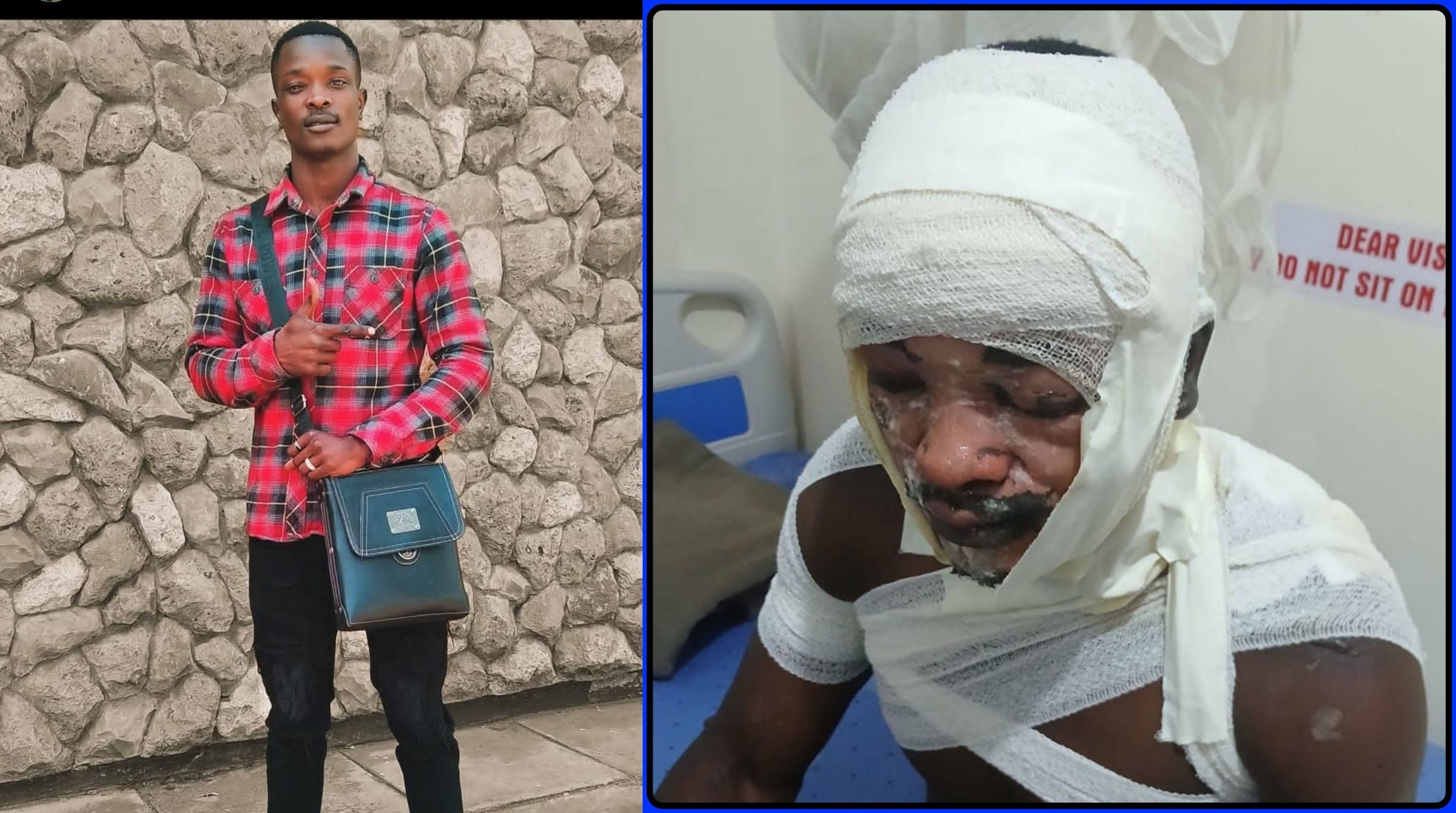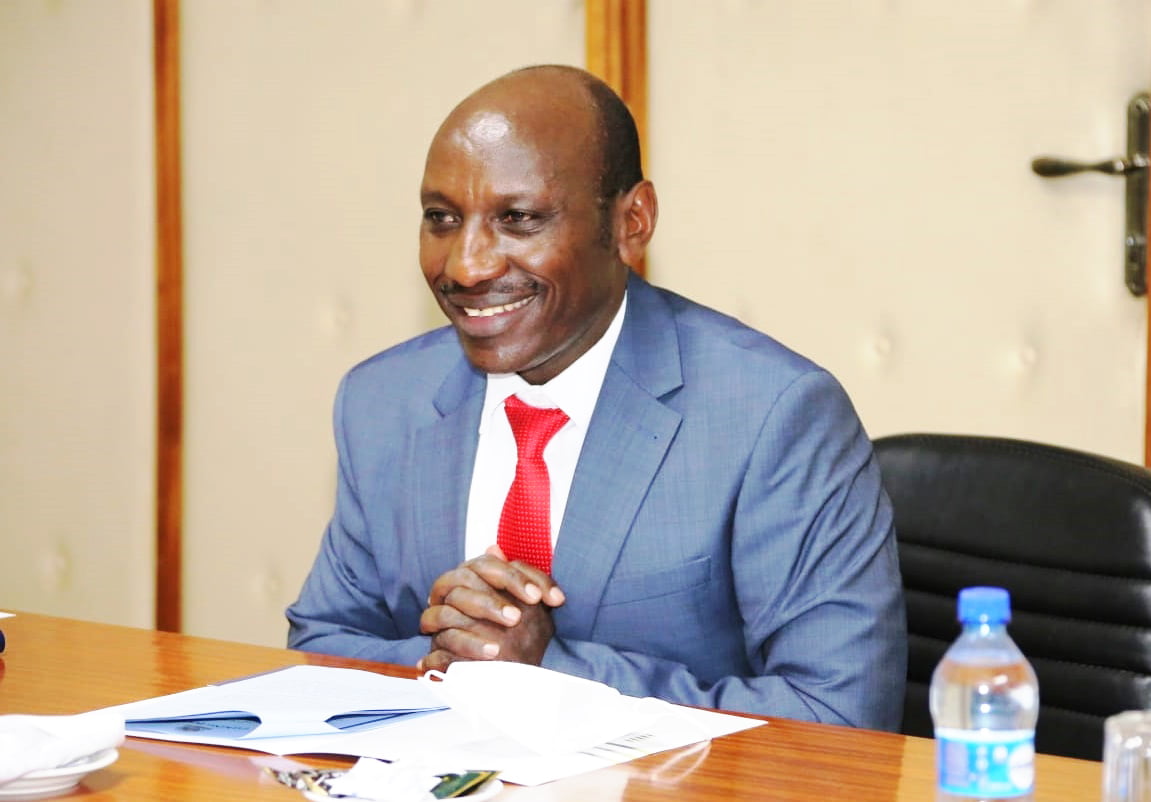Over 100 journalists from Kwale and Mombasa counties have undergone specialised training on gender welfare, equity, and safety in the sports sector.
The one-day training, held at the Jacaranda Hotel in Kwale County, was organised by the Committee on Gender Protection and Implementation under the State Department for Sports in collaboration with the Media Council of Kenya (MCK).
It aimed at promoting inclusivity in sports reporting while equipping media professionals with the knowledge to address gender-based violence (GBV) in sports coverage.
During the training, Rojas Chimega, Advisor to Sports Cabinet Secretary Salim Mvurya, reaffirmed the Ministry’s commitment to promoting equity to empower both men and women in sports.
Chimega noted that the Ministry is implementing policies that provide equal opportunities and address the unique challenges faced by athletes of different genders.
He said that equity rather than equality is the foundation for ensuring all athletes receive the specific support they need to excel.
“Our goal is to create a level playing field where every Kenyan, regardless of gender, can pursue their sporting dreams without facing systemic barriers,” he said.
Chimega said the government is keen on nurturing talent from the grassroots and ensuring that male and female athletes have access to training, mentorship, and sponsorship.
He added that the Ministry is working with county governments to support initiatives that uplift marginalised groups in sports, including women, persons with disabilities, and youth from underserved regions.
“Equity in sports is not just about fairness; it’s about unlocking the full potential of our nation,” he said.
MCK Coast Region Coordinator Maureen Mudi urged journalists to uphold ethical standards and adopt gender-sensitive approaches in their work.
She emphasised the importance of amplifying voices that are often sidelined and ensuring that stories are both inclusive and impactful.
“When it comes to reporting, you must have a gender lens and focus on constructive storytelling that promotes equality and respect,” said Mudi.
She said journalists are not just storytellers but also catalysts for social change.
READ ALSO:
How forged papers toppled Maasai Mara varsity deputy VC hiring
Mudi said that sports reporting often sidelines women’s achievements and fails to address gender disparities, which in turn reinforces existing stereotypes.
She challenged the media to play a more active role in highlighting both the successes and challenges of female athletes.
Mudi said journalists must use gender-sensitive language and create safe media spaces for female athletes and marginalised groups.

She noted that media narratives should focus on athletes’ achievements and not their appearance, as is often the case in mainstream coverage.
“Highlight talent, skill, and resilience don’t reduce athletes, especially women, to how they look,” she said.
Other facilitators at the forum called on the media to create safe reporting environments that protect victims and survivors of GBV in sports.
Elizabeth Mwangolo, chairperson of the Kwale County Assembly Committee on Culture, Sports, Gender, and Community Affairs, stressed the importance of addressing abusive practices within sports institutions and ensuring accountability across all levels.
Mwangolo called on stakeholders to create safe and inclusive environments for athletes, particularly women, who often face discrimination and harassment.
She said the role of the media in exposing such injustices and driving reforms is crucial.
“Journalists must go to the grassroots and document the real challenges women face in sports. It is through telling these stories that people can find solutions and push for equality and equity in the sector,” she said.
Participants welcomed the training, noting that it broadened their understanding of gender-sensitive reporting and challenged them to rethink how they frame their stories.
“This training has opened my eyes to the silent struggles faced by many female athletes,” said Jamila Khamis, a sports reporter from Kwale.
Another journalist, Ras Mangale, said he feels more empowered to cover gender issues in sports responsibly.
He said the training has brought to the limelight the gender gaps and abuses that often go unreported or ignored.
By Omar Shaban






